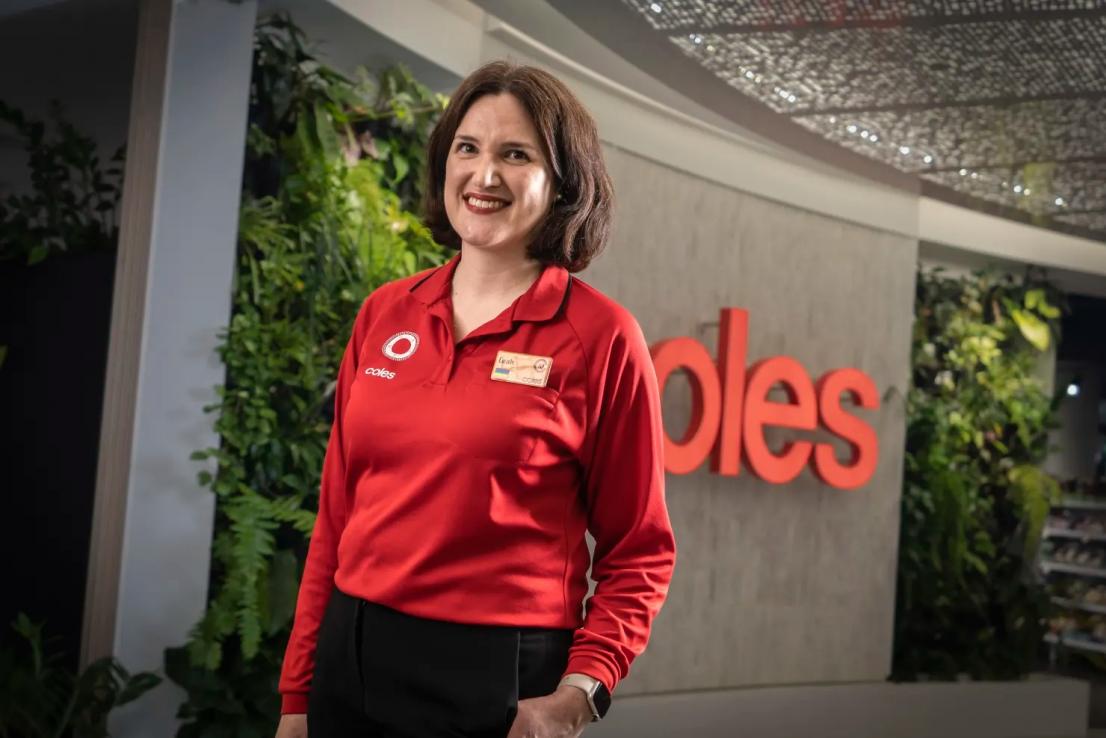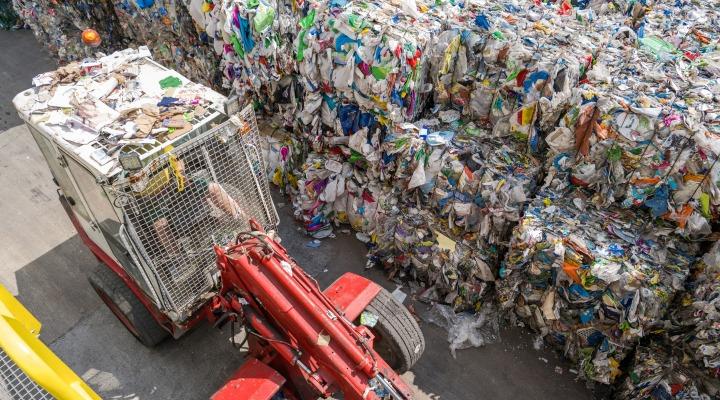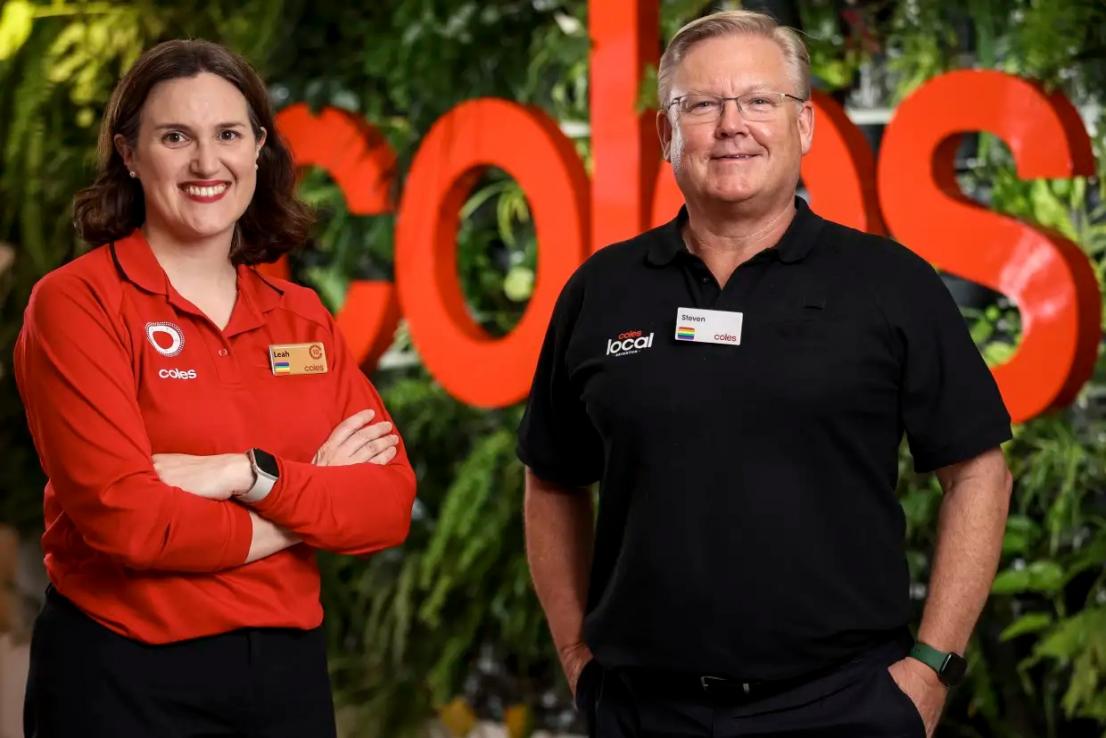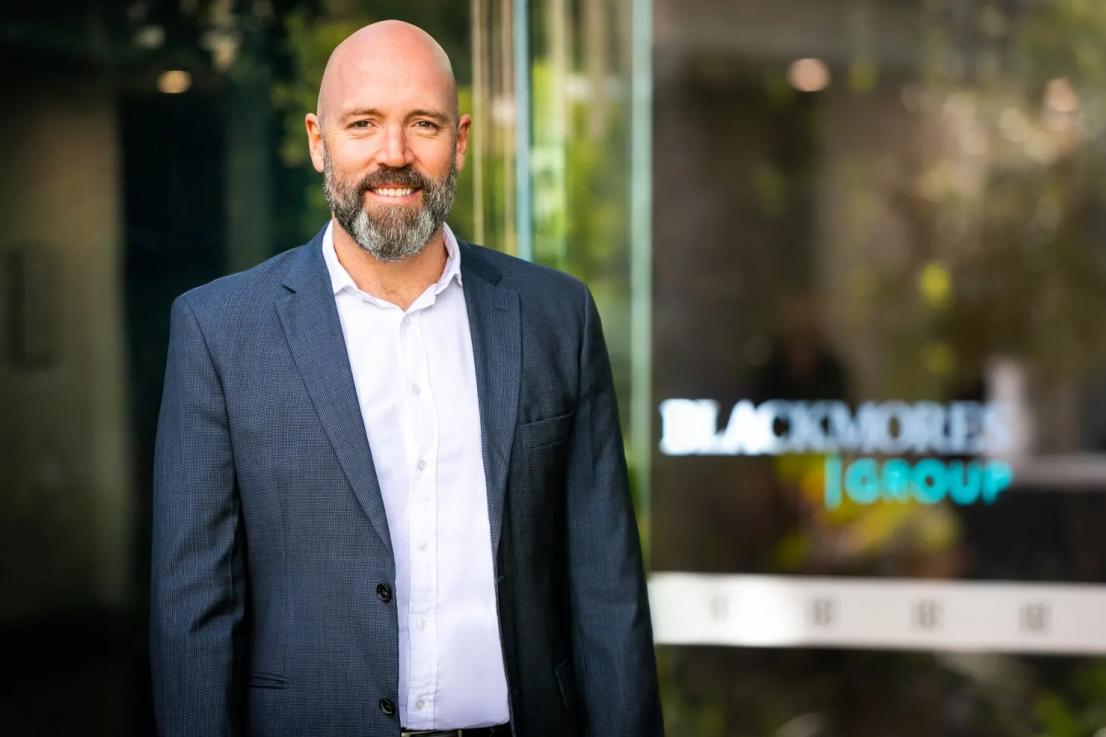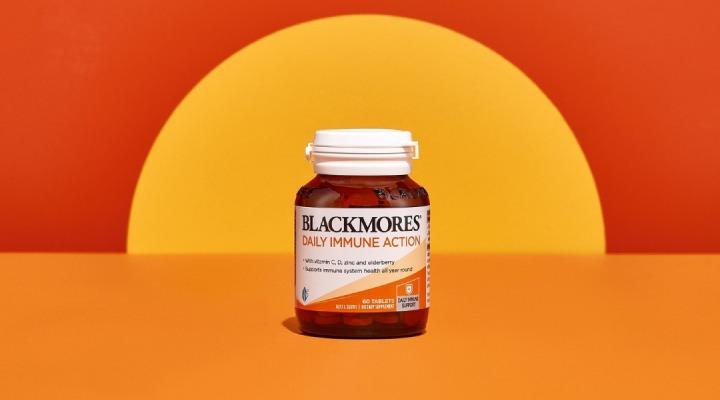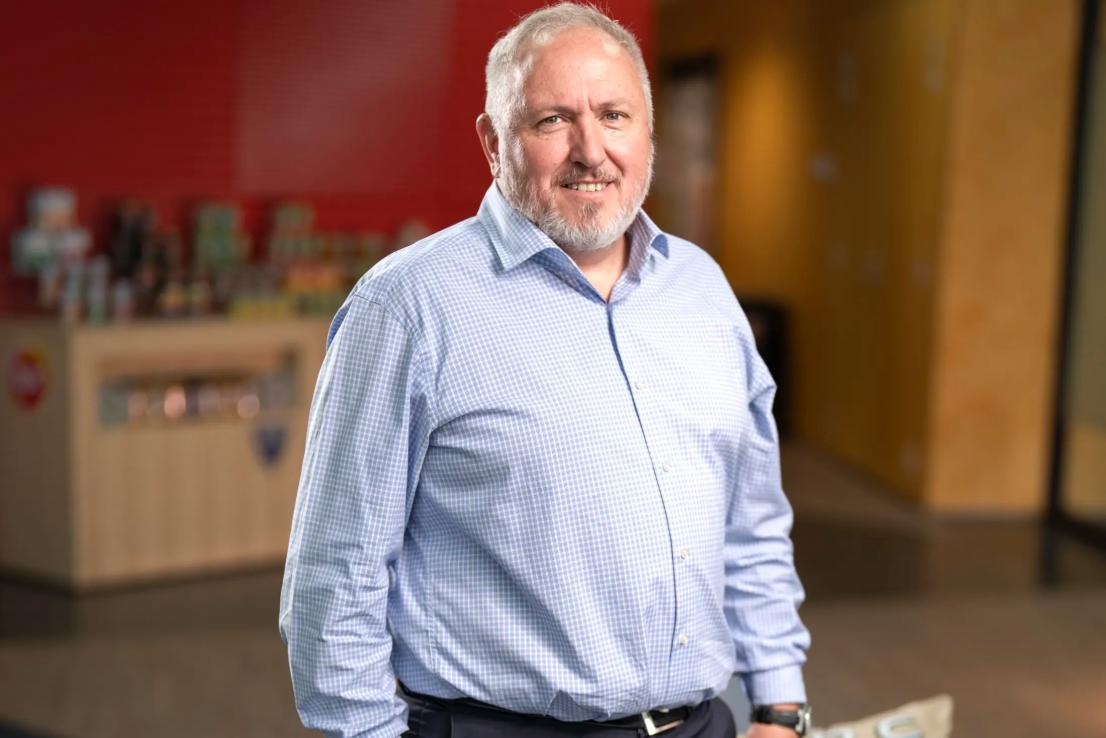
It is hard to imagine a chief executive closer to the front line of the rising prices of energy, petrol, wages, raw materials and basic household goods than SPC’s Robert Giles.
The 100-plus-year-old Shepparton-based food processor – sold by Coca-Cola Amatil for $40 million in 2018 after a $22 million state government bailout in 2014 – pumps out more than 100 million cans of food each year, processing apples, apricots, peaches, pears, plums and tomatoes.
Giles’ supply chain – largely drawn from the Goulburn-Murray food bowl region on the Victorian border with New South Wales – is vulnerable to everything from floods to energy prices, wage claims, and steel and petrol prices.
Giles says the 10 to 20 per cent rise in household staples, such as SPC baked beans and spaghetti, Ardmona canned tomatoes and Goulburn Valley fruits, that SPC pushed through last year has stabilised, but warns input prices are yet to drop.
“We are seeing the heat of the increases dissipate. They are not coming back down, so it’s like it has normalised at a new high,” Giles tells BOSS from the group’s headquarters in Melbourne.
The SPC CEO is articulating the very concern which has Reserve Bank of Australia governor Dr Philip Lowe sweating.
“If inflation does become ingrained in people’s expectations, bringing it back down again is very costly,” Lowe told a parliamentary hearing last week.
It is not surprising that Giles, a 55-year-old father of four, is close to the ground in terms of what is going on. The CEO dropped out of high school after year 11 and started working the floors at Coles in Hobart, Tasmania.
“I went straight out of high school, year 11,” he says. “I’m a big advocate that your year 12 ATAR score doesn’t define you,” he says.
“I later on went and did my bachelor of business and accounting, and masters of marketing.
“I still look back and think [working at Coles] gave me a really strong work ethic [and] a consumer focus, but also [an] understanding [of] the process. Even though I was young, I learnt a lot of lessons about managing teams and labour utilisation. It gave me a real-life university of sorts.”
Giles moved from Coles to Nestle as a sales representative, before switching to Simplot, the company behind food brands Birds Eye, Edgell and John West, for 22 years, where he worked with customers such as McDonald’s, KFC and Woolworths.
Given his hands-on experience, it is hardly surprising Giles can reel off the rise in his input costs with more precision than most bean counters.
“Tomatoes have increased dramatically, over 30 per cent in a year, mainly due to fertiliser input costs. Peaches have had a 13 per cent price increase. The rest [have experienced] more around CPI increases,” Giles says in his strikingly open and unguarded style.
“Pasta for our spaghetti, which is locally sourced, has been affected by inflation. We just signed off new sugar contracts which are on the rise because of [last year’s] floods.”
Giles says the SPC factory in Emu Plains, NSW, which processes frozen meals, has been hit by high energy prices, as well as higher prices for chicken, which the country’s largest chicken producer, Inghams Group, blames on the need to recover the rising cost of feed, packaging and freight.
The high prices of petrol and steel are other big input costs for SPC.
“Diesel [petrol] remains stubbornly high. The steel can our product goes into remains high.”
Another major input is human capital. SPC employs about 500 workers, a figure boosted by about 400 during the picking season. Giles has just had their enterprise bargaining agreement approved by Fair Work after many months of negotiation.
“We have agreed on an average 3.5 [per cent increase] over the next three years,” Giles says.
The rise is slightly higher than the 3.3 per cent increase in wages across the economy last year – which was the fastest increase in a decade.
Giles also faces the challenge of an ageing workforce. The average age is in the early 50s.
SPC’s three factories, including one in Thailand, are also big consumers of energy and face a large rise in costs once they come off their fixed price contracts at the end of the year.
”We are working on projects to put solar on our roofs, but that will only give us about 25 per cent of our energy requirements,” he says. “We’re also looking at hydrogen. There’s a study being done by Goulburn Valley Water, but that is some years off.”
As part of SPC’s efforts to become more environmentally responsible, Giles is also attending a Climate Leadership and Jobs Summit in Shepparton this week, convened by the local Nationals MP Sam Birrell, which aims to help drive the Goulburn-Murray region to its net-zero emissions target by 2050.
But Giles concedes that despite the goodwill, the major manufacturing hub – which includes players such as SPC, Unilever, Bega Cheese, Tatura Milk, Campbells Soups, Freedom Foods and Visy – faces a real challenge to ween itself off the reliable coal and gas plants that support such energy-intensive manufacturing.
Despite the energy and inflation challenges, Giles says SPC’s turnaround mission is largely complete.
“We were unprofitable under Coke, but have been profitable every year since,” he says.
“We had a real focus on keeping our cost inputs down, getting our labour and wages under control, some restructures to take labour costs out of the business and then getting the right contracts for volume.”
The company is now embarking on an ambitious growth strategy to increase annual revenue from $300 million to more than $1 billion within three years.
The new names on SPC’s share registry, including The Australian Meat Industry Superannuation Trust and the family office of Peregrine Corporation managing director Khalil (Charlie) Shahin, who joined as part of last year’s $45 million capital raising, are backing the growth plans for the business which started more than 100 years ago as a co-op owned by farmers.
After SPC and Ardmona merged during the ’90s, the enlarged group was bought by Coca-Cola Amatil in 2005, but was largely neglected and sold to the Sydney-based private equity firms Perma Funds Management and The Eights in 2019, which remain the majority owners.
“It’s a multi-focused approach,” Giles says of the expansion plans.
The strategy is to build SPC as a global food company based in Australia, with a focus on driving into new markets. The company entered the New Zealand market last year, has moved into Canada and South Korea, and will launch in Singapore, where it has built an international office, in April.
The plan also includes diving into the beverages category, which was restricted under Coca-Cola ownership.
“Under our new ownership, beverages is absolutely a category we want as part of our strategy,” he says.
“We have always produced beverages. We are one of the major juice manufacturers in the country.”
Giles also has the investors’ purse out to aggressively make acquisitions of companies that fit the business model and help the group expand into Europe.
“That will help us get to the billion [dollars revenue growth]. It’s organic – it’s new markets and it’s acquisitions, all at once, that will get us from $300 million to north of a billion.”
